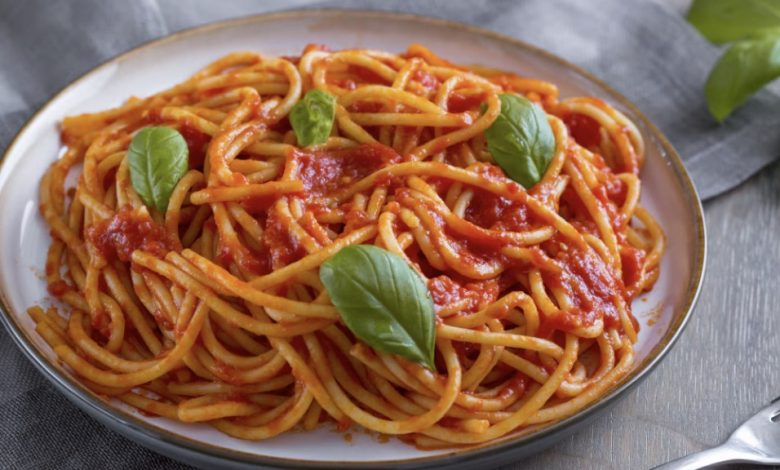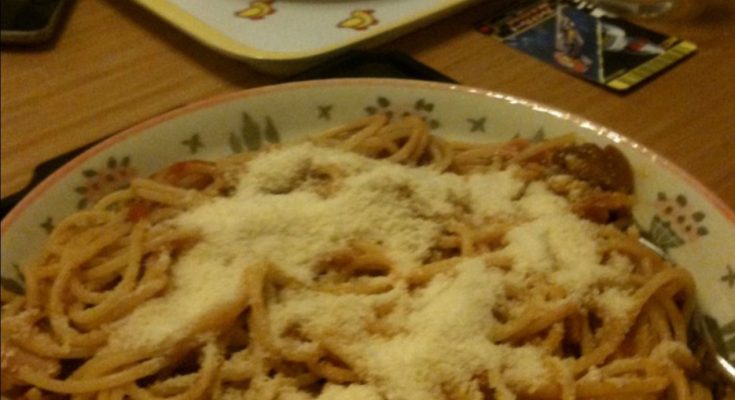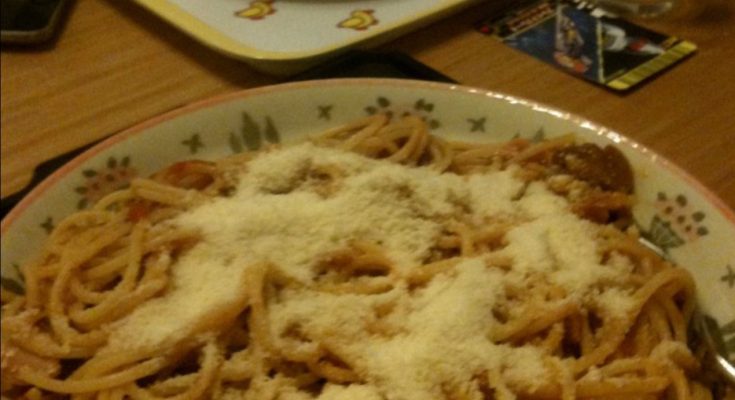
Natasha believed her domestic life was serene, yet her mother-in-law’s covert underminings left her confused and wounded. One fateful evening, she unraveled the stark truth behind her repeatedly spoiled meals, which led to an unexpected and dramatic showdown.
My name is Natasha, and I’ve been united in matrimony with my husband, Simon, for a decade and a half. We first crossed paths in university and have been inseparable allies in life’s journey ever since. Together, we are blessed with Eva, our radiant 13-year-old daughter, who embodies wisdom, humor, and empathy.
Simon excels in his profession as an architect, while I balance my freelance graphic design career with my role as a full-time mother. Our life, set against the backdrop of a quaint suburban dwelling, is nearly picture-perfect, save for one persistently troubling element: my mother-in-law, Donna.
Donna’s presence is undeniably formidable. From the initial introduction, she expressed a clear disdain for me, indicating that I was not the daughter-in-law she had hoped for.
“Simon, my dear, wouldn’t it be wise for Natasha to delve into learning traditional recipes? It’s quite essential for a spouse to possess such knowledge,” Donna would often remark, her tone laden with insincere concern.
Simon consistently stood by me. “Mom, Natasha is an exceptional cook and a remarkable mother. We are content with our life as it is.”
Yet, Donna’s remarks left a sting. It seemed she had envisioned a different kind of partner for her son – certainly not one who favored digital design tools over culinary and domestic crafts.
One particular evening, she confronted me in the kitchen. “Natasha, perhaps you should consider enrolling in some culinary courses. It might just cure those frequent ‘mishaps’ of yours,” she suggested, her smirk thinly veiled.
I managed a courteous smile in response. “Thank you for the advice, Donna. I’ll give it some thought.”
Whenever we entertained guests, mysteriously, my renowned dishes would invariably fail—overly bitter, excessively salty, or strangely sweet. Despite my expertise in the kitchen, these culinary disasters seemed to occur only when we had company.
Initially, I attributed these mishaps to nerves or perhaps an overzealous desire to impress our guests. Yet, deep down, it felt as though a culinary hex was cast upon me whenever we hosted.
Following one particularly disappointing dinner party, as I was cleaning up, Simon entered the kitchen, his intuition alert to my dismay. “Everything alright, love?”
“Simon, I can’t understand it. I followed every recipe to the letter, yet everything turned out wrong. I feel as if I’m losing my knack,” I confessed, disheartened.
He reassured me with a kiss on the forehead. “You’re a fantastic chef, Natasha. Perhaps it’s just a stroke of bad luck. Don’t be too harsh on yourself.”
However, I harbored a nagging suspicion that it was more than mere misfortune.
The revelation struck on the evening of Simon’s birthday. I was preparing my signature pasta dish, the kitchen buzzing with the warm sounds of our friends and family celebrating in the living room. Eva flitted about, ensuring her father’s special day was perfect.
Simon was thoroughly engaged with his colleagues, discussing a recent project, while I found solace in the familiar dance of cooking.
“Mom, do you need help?” Eva peered into the kitchen.
“No, darling, just make sure your father is enjoying himself,” I replied, affectionately tousling her hair.
Mid-preparation, my phone rang—an urgent call from a client. Excusing myself, I stepped out briefly, assuring, “I’ll be right back,” as I shut the kitchen door.
The call was brief, yet when I returned, I noticed the kitchen door slightly ajar. Peering through the gap, I caught Donna meddling with my pasta sauce, sneakily adding something from a small container she promptly hid away.
A sinking feeling overwhelmed me as I realized Donna had been sabotaging my cooking to discredit me. Opting against immediate confrontation, I chose a different approach.
“Eva, can you come here?” I beckoned my daughter aside, her curiosity piqued.
“What is it, Mom?” she inquired.
“I need your assistance with a little act. Can you keep up the charade?” I knelt to her level, conspiratorially.
Confused, Eva agreed, “What’s the plan?”
I explained, keeping it simple, “I saw Grandma add citric acid to the pasta. She’s been tampering with my meals to make me look incompetent. We’re going to expose her during dinner.”
Eva, wide-eyed, consented, “Okay, Mom. I’m with you.”
As dinner commenced, and the pasta was served, Eva initiated our plan. “Mom, this pasta tastes unusually sour,” she announced loudly enough for all to hear.
Feigning distress, I clutched my throat, gasping, “Oh no, call an ambulance!”
I slumped back, pretending to faint, causing immediate commotion. Simon rushed to my side, panic-stricken. “Natasha, stay with me! Call 911!”
The guests scrambled, bewildered and concerned.
“What’s happened? Why is she choking?” Simon’s voice cracked with emotion.
Eva, sticking to the script, added, “Dad, there’s citric acid in the pasta. Mom’s allergic. But how did it get there? Mom never uses it.”
All eyes turned to Donna, her complexion turning ghostly pale. Caught, she faltered, “I… I just wanted to…”
Simon’s voice rose in anger, “You did this? Why?”
Tears welled up in Donna’s eyes, “I’m sorry, Simon. I thought I was teaching her a lesson.”
Choosing this moment, I “awoke,” feigning confusion. “What happened?”
Eva chimed in, “Grandma put citric acid in the pasta to teach Mom a lesson.”
Silence enveloped the room. Donna, overwhelmed by guilt, apologized, “I’m so sorry, Natasha. I never meant to harm you.”
I responded, “Donna, I’ve tried to fit into this family. What you did was not only dangerous but cruel. We need to establish some boundaries.”
Simon supported this, “Mom, this behavior is unacceptable. Apologize and make it right.”
Donna nodded, remorseful, “I understand. I promise to do better.”
As the evening settled and the guests departed, Donna’s actions had been brought to light, strengthening our family unit. Though not a perfect resolution, it marked a beginning towards healing and mutual respect.
Share




